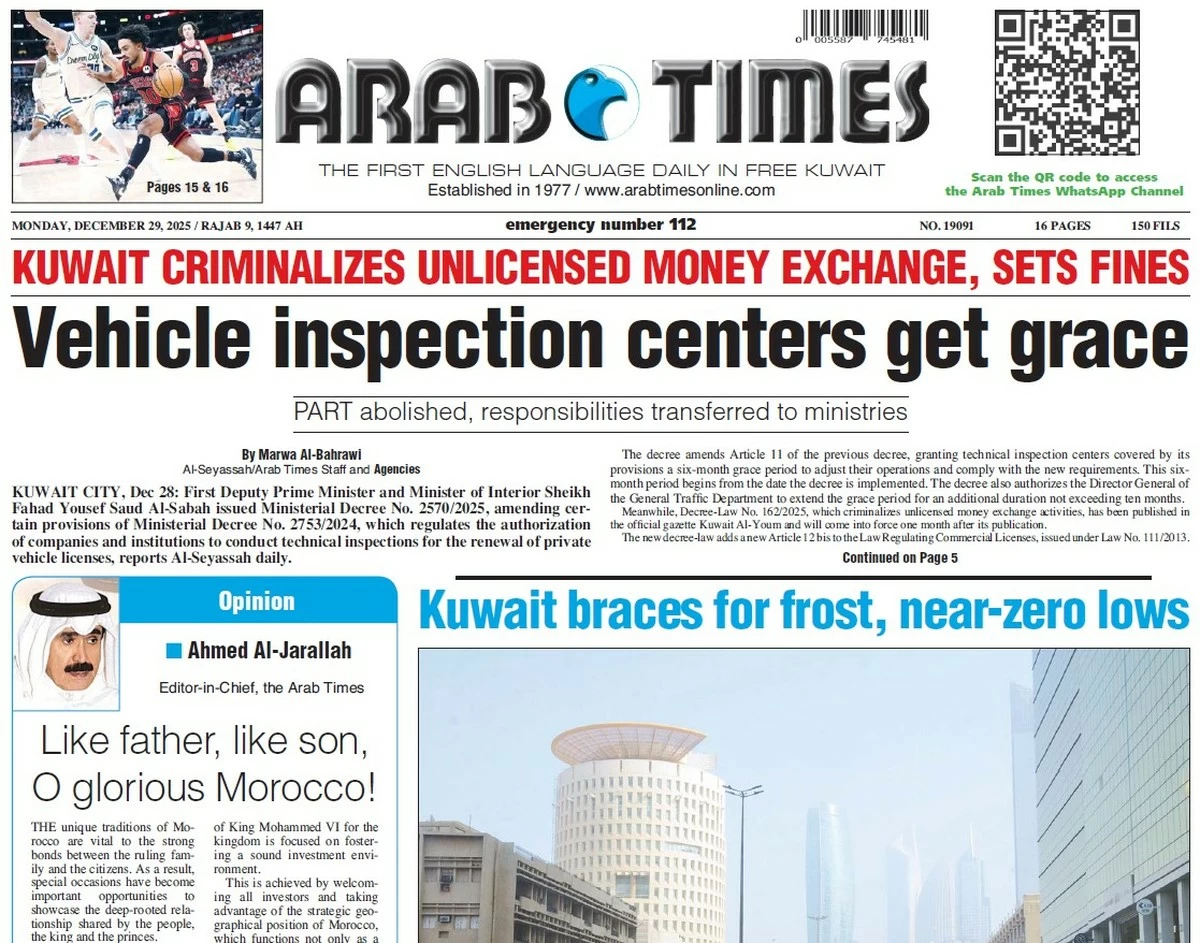16/01/2024
16/01/2024

RIYADH, Saudi Arabia, Jan 16: In a startling revelation, renowned chef and United Nations Environment Programme advocate, Laila Fathalla, has disclosed that an estimated 1.3 billion tonnes of food are wasted annually worldwide. The United Nations Food Waste Programme identifies Saudi Arabia as the global leader in this concerning trend, contributing up to 50 percent of the total waste.
Affirming these findings, Abdul Rahman bin Abdul Mohsen Al Fadhli, the Saudi Minister of Environment, Water, and Agriculture, expressed deep concern over the significant impact of food waste on the Kingdom, estimating an annual cost of SR40 billion. Al Fadhli emphasized that the current food wastage rate exceeds 33 percent, underscoring the urgent need for immediate and concerted efforts to address this critical issue.
A comprehensive study conducted by the Saudi Grains Organisation (Sago) last year shed light on the financial repercussions of food wastage in the Kingdom, revealing an annual cost of SR40.4 billion based on consumer spending. The study found that 4.06 million tonnes of food, equivalent to 33.1 percent of targeted commodities, are wasted each year, with an average individual contributing about 184 kilos of food waste.
The research, covering all regions of the Kingdom, highlighted staggering figures in vegetable waste, surpassing 335,000 tonnes annually. Notable among these were 38,000 tonnes of zucchini, 201,000 tonnes of potatoes, 82,000 tonnes of cucumbers, 110,000 tonnes of onions, and 234,000 tonnes of tomatoes.
The study's sample of 30,800 revealed substantial losses in staple foods, including 917,000 tonnes of flour and bread, 557,000 tonnes of rice, and 22,000 tonnes of sheep meat wasted each year. Other significant losses include camel meat (13,000 tonnes), other meats (41,000 tonnes), and poultry (444,000 tons), with fish waste reported at 69,000 tonnes annually.
Of particular concern is the volume of date waste, standing at 137,000 tonnes, with general fruit losses reaching about 608,000 tonnes, including 69,000 tonnes of oranges, 12,000 tonnes of mangoes, and 153,000 tonnes of watermelons.
Chef Laila Fathalla has passionately called for a collective effort to foster a culture of moderation and reduce waste. Practical measures suggested include cooking food in quantities that meet a family's needs, purchasing food sensibly without excess, and donating surplus food to those in need. Additionally, she advised organizing newly bought food items behind older ones in the refrigerator to prevent the latter from expiring unused.
With a population of around 32.2 million people, Saudi Arabia, including a significant expat community, faces a critical challenge in curbing food waste. According to the 2021 Food Sustainability Index (FSI) by Economist Impact, countries with the best performance in managing food loss and waste include Canada, Italy, Germany, Japan, and the Netherlands. The findings underscore the need for immediate and effective measures to combat the escalating crisis of food waste in Saudi Arabia.


